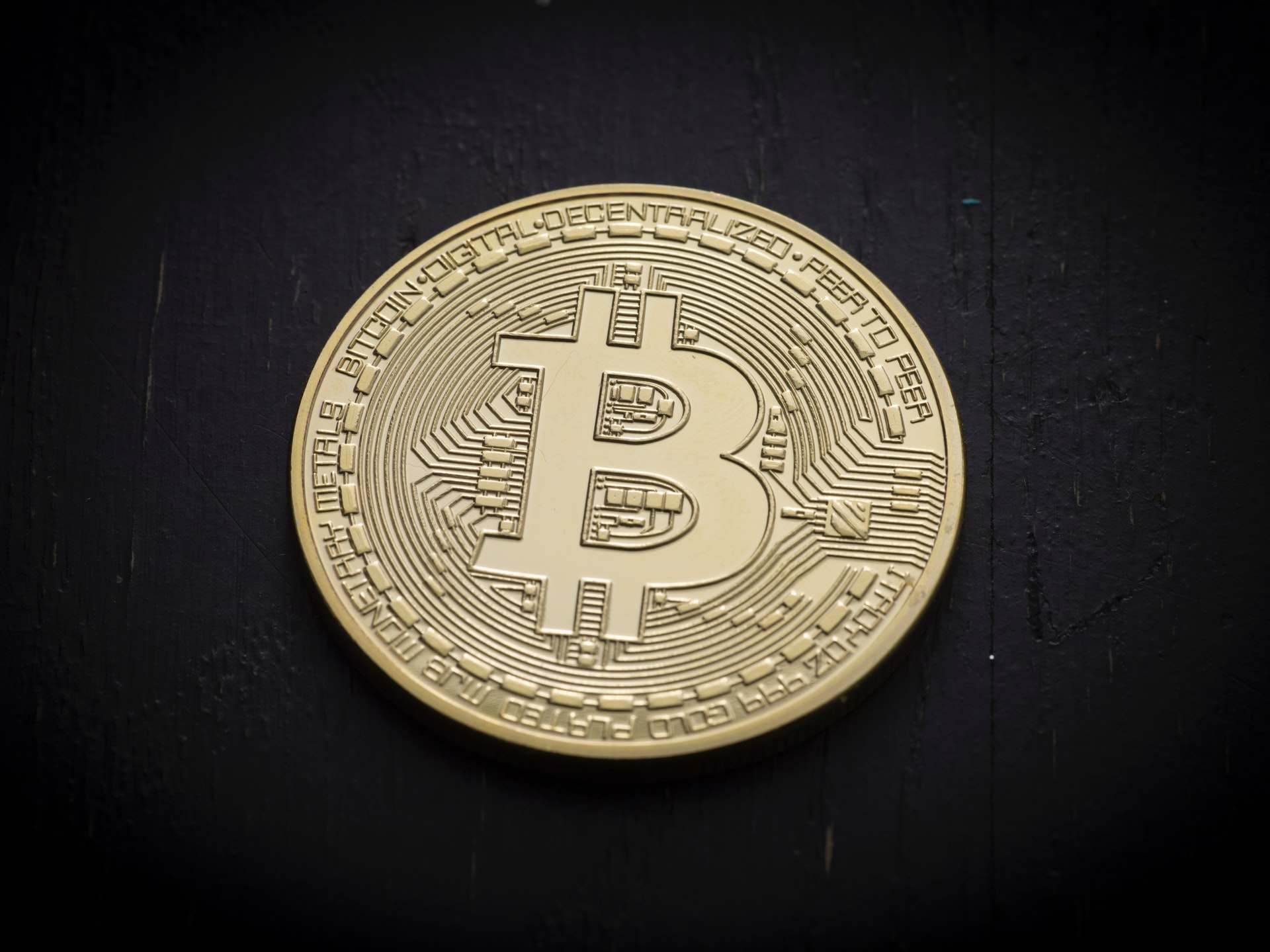
Despite the new regulations imposed in Zimbabwe, Bitcoin appears to be more popular than before. Google trends data indicates that interest in Bitcoin has increased over time.
A notice was given to mobile money service providers in Zimbabwe, requiring them to connect to the national payment service provider.
After Zimbabwe’s hyperinflation crisis in 2008 and 2009, significant amounts of personal savings were lost by many people of the South African nation.
According to a statement made to DW by Professor of political economy at the University of Pretoria, Lorenzo Fioramonti,
“Since the collapse of the formal economy, money has been hard to find in Zimbabwe — literally real, physical money,”
“Bitcoin had a surge in value a few years back in Zimbabwe and from what we can tell it’s mostly used as a transactional device, but not so much for local payments. It’s primarily for remittances. There are so many Zimbabweans working abroad and they are sending the money home with bitcoin.”
Many Zimbabweans outside of the nation found need for cryptocurrency due to the challenges faced by the monetary climate which caused a reduction in the savings of households.
Across Africa, different proposed solutions to such challenges have been made. One of such proposed solutions was “Perfect Money”. The proposed solution is considered to be a “leading financial service” that allows users to make transactions instantly and securely. For this reason, some people may assume it is Bitcoin. However, Bitcoin is one of many types of cryptocurrencies with unique features that many people consider to be technologically sound. Many people have found the cryptocurrency to be cheaper to use for international transactions than other proposed solutions.
Compared to Bitcoin, the infrastructure of most traditional finance institutions across the continent presents challenges in the form of slower and more expensive transaction costs. With such costs come greater challenges to making transactions possible for people across different regions.